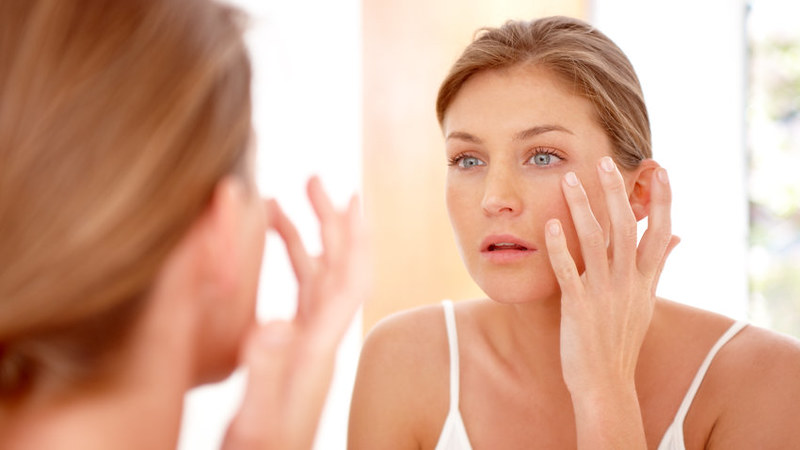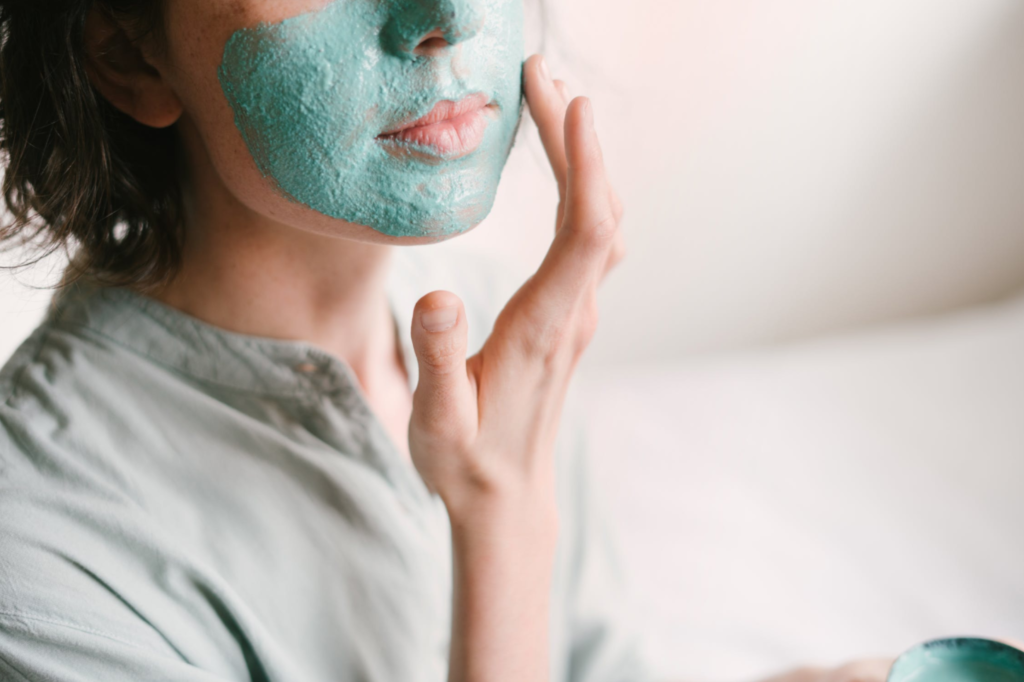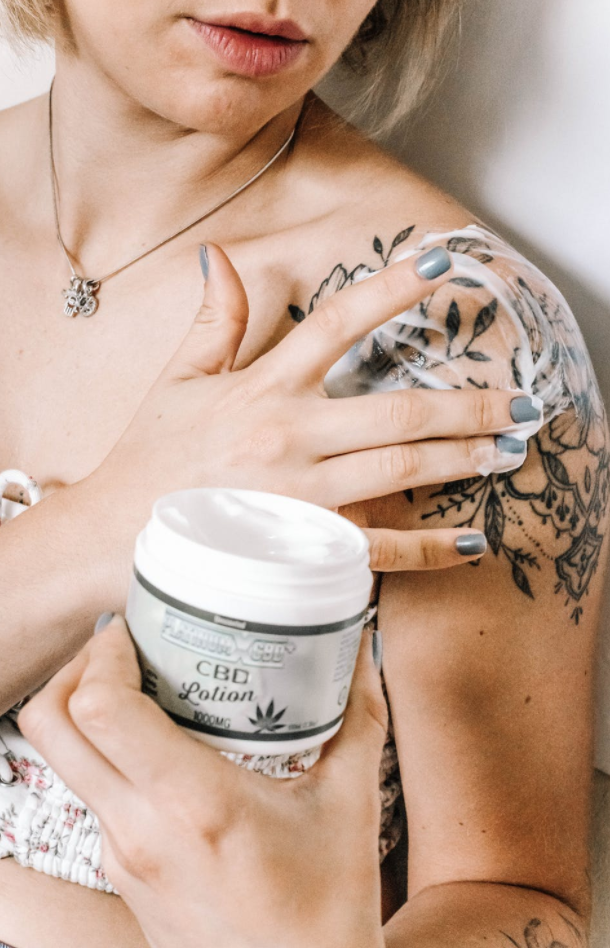Marketing gimmick or a new essential? Demystifying the world of clean beauty.

What was once a small fraction of the cosmetics market, usually relegated to “hippie” health food stores, clean beauty has exploded into a market all on its own. “Green” products now get a seal of approval on mega-conglomerates like Sephora.com and Holt Renfrew, and vegan beauty lines, like Drunk Elephant and Bite Beauty are now a staple in many beauty lovers’ collections.
But what is it?

Like most naturopathy, there aren’t any types of regulations or standards when it comes to what qualifies as “clean” beauty. Standards can vary widely from source to source, and can often be contradictory.
Basically, you’re putting your faith in brands to tell you the truth about what’s in their products. How well is trusting brands working out for you?
In general, a product is considered “clean” if it meets a few criteria:
* Formulated without known irritants, allergens, hormone disruptors and carcinogens (like dioxins, silicones, dyes and fire retardants)
* Eco-friendly
* Sustainably sourced
* Vegan (but not always, if the product contains silk or beeswax)
* Made with natural, non-synthetic ingredients

That last one, “natural ingredients”, is a bit of a thorny issue. *Everything* is a natural ingredient, if you get down to brass tacks. Since matter cannot be created or destroyed, everything on this green Earth is a chemical. Furthermore, the so-called “no-no” ingredients, like parabens and mineral oil — green beauty boogeymen — are naturally occurring and are probably some of the safest things to put on your skin.
On the flipside, there has been no scientific evidence that natural products like honey, turmeric, and the horrifically smelly apple cider vinegar, have any benefits to the skin whatsoever, beyond a few anecdotal statements.
Basically, you’re buying overpriced snake oil. Sorry, you’ve been had.
So should I stay away from green beauty?

You don’t have to avoid green beauty products if it’s been working for you. To each their own. You can be judicious about what you put on your skin and in your hair without having to shell out major premiums for anything with a “green” label. Perfumes, fragrances and dyes are generally irritating to your skin, but your face isn’t going to fall off if you slather your rictus in Nivea every night.
